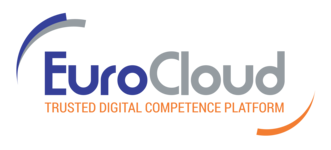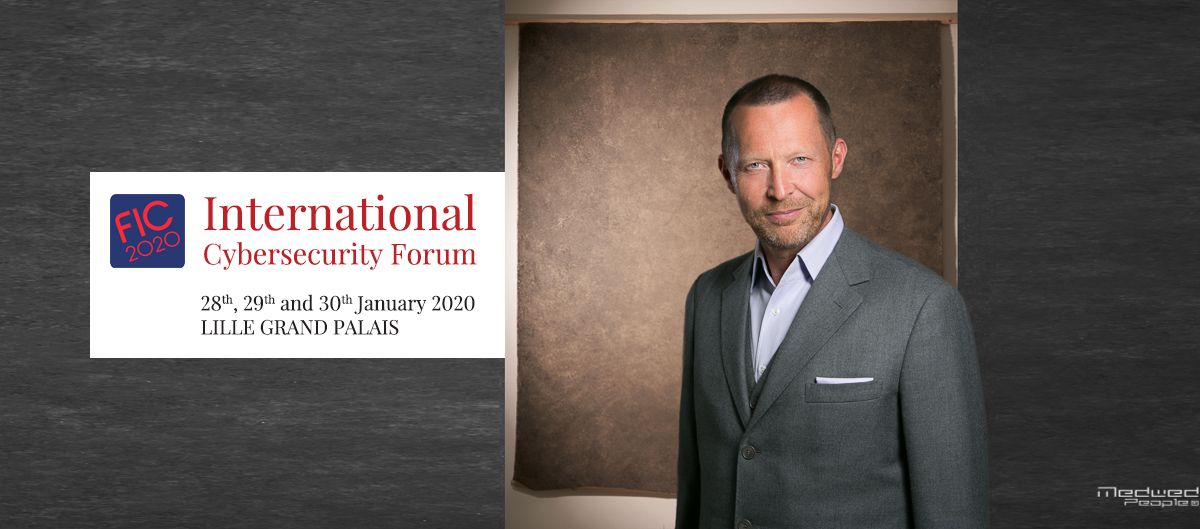Those with the ability to harness the power of digital technologies seem to rule our digital world. As recent events have shown, the equilibrium between stakeholders in cyberspace is being altered significantly. For many governments, policy and rules aimed at protecting the citizens they seek to govern do not have the intended effect or reach. The private sector owns and maintains most of the physical infrastructure on which the continued functioning of cyberspace depends, thus increasing their role in the governance process, yet there is concern at the way that current industry practices are becoming so far removed from the individual. Large companies manage the servers and clouds that contain ever-increasing and diverse data sets, they drive the innovations in concepts such as smart cities that are changing our everyday lives with developments in sensors, robots, self-driving cars and digital services, and many business models rely on the processing of personal or sensitive information through non-transparent algorithms.
Yet for all the socio-economic benefits that digital technologies bring, we also become more susceptible to malicious actors and those seeking to subvert or manipulate technology for their own motives. A powerful example of the harm caused by such actions includes Internet shutdowns, as Iranians experienced to their detriment when the country was disconnected from the Internet for a week on 15th November 2019 amid protests against the rise of fuel prices. Instances of sensitive data harvested by multinational corporations being lost or stolen also highlight the risk of digital technologies to the privacy of individuals. Similarly, digital technologies can be weaponised and used in cyberattacks that are difficult to detect and trace. There is also therefore a strong need to make sure that those with the power to act are doing so responsibly and can in some way be held accountable.
The question is: are we still in control of our sovereignty, independence and data? No individual, no government or company has full control. There must come a point where we place our trust in others to act with due respect to our rules and values. Trust cannot be given based solely on good words and promises - it is earned based on the capacity to make verifications of others’ behaviour. Citizens have to trust the government to be able to adapt the surveillance architecture to the new realities; governments have to trust their citizens with increasingly powerful tools, such as encryption, whilst both citizens and governments have to trust that private industry will act in the interest of their shareholders whilst causing as little harm as possible.
The French International Cybersecurity Forum 2020 which will take place in Lille (France) from 28-30th of January. https://www.forum-fic.com/en/home/discover/what-is-the-fic.htm
Read the full Mission Statement of the FIC2020 Advisory Board:
See the forum FIC2020: https://www.forum-fic.com/en/home.htm
Article provided by: Dr. Tobias Höllwarth (member of the FIC Advisory Board), CEO of Sourcing International and President of EuroCloud Europe


